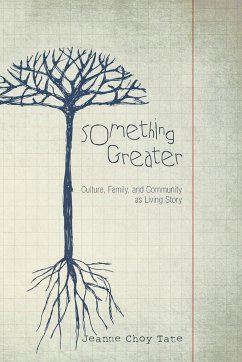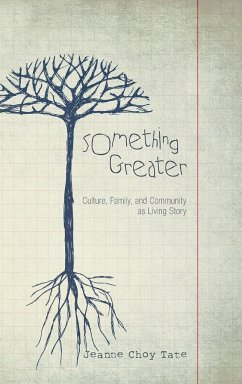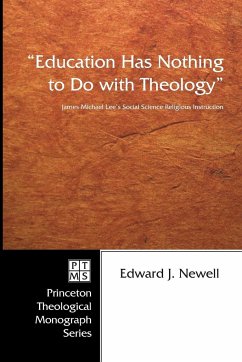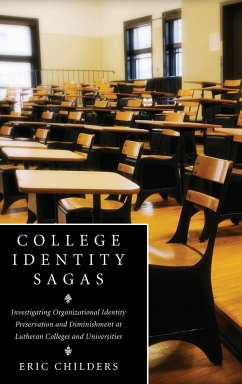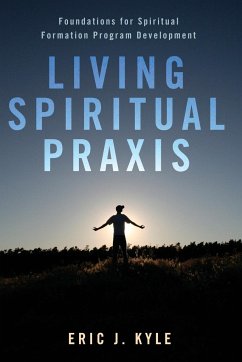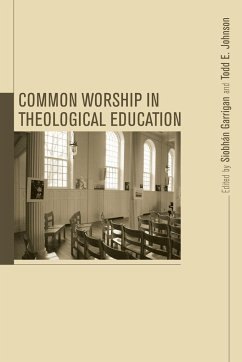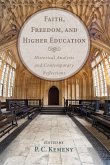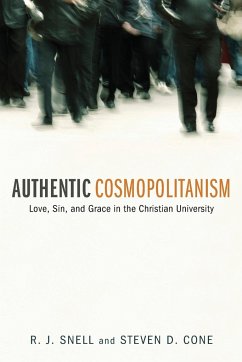Every day, Americans rub shoulders with the cultures of the world--on the sidewalks of their cities and, increasingly, in small towns and rural areas. As civil discourse becomes increasingly divisive, many long for our nation to better deal with its diversity. Yet Americans also wonder how far the nation can stretch to embrace diversity and still maintain an identity. Ethnic and faith communities, Americans of many varieties, share a fear of losing their traditions. Will the next generation still honor the values of caring for others and contributing to community life? The psychology of individualism that underlies American life is no longer adequate to guide a future filled with diversity. America's children may have wings to soar into the future, but they lack roots connecting them to a shared heritage. Something Greater explores the impact of individualism on American child-rearing practices, and its inability to deal with diversity while sustaining life together in families and communities. By contrasting the intergenerational values of biblical and Chinese communities and current infant research with her own experiences in San Francisco's Chinatown, the author reveals how the living stories of heritage that lie at the heart of human development speak to a deep American hunger for shared values and connectedness in family and community.

